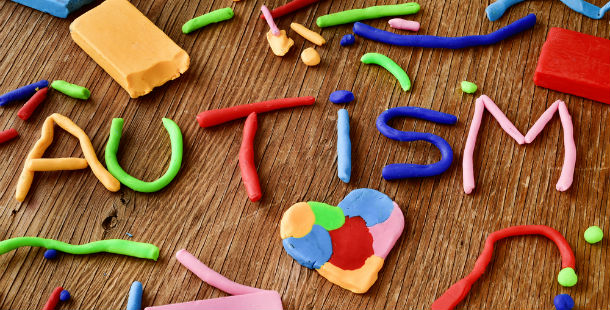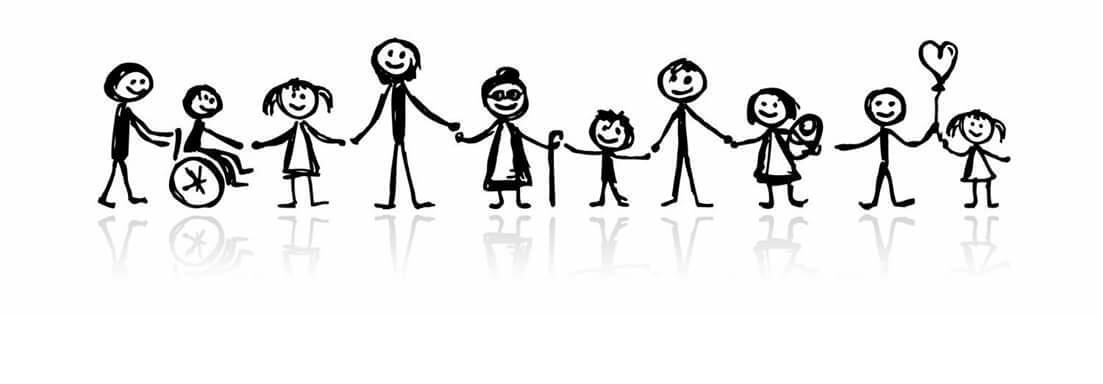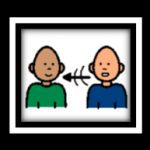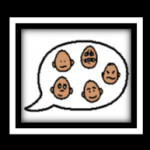Services
One to One with Parents
AchievAbility offers advice to parents on issues that are affecting their child and family.
One to One Social Skills
AchievAbility offers one to one social skills sessions for children aged 6 and over, these sessions are carried out once per month with ‘homework’ given to the child to practice in between sessions.
Form Completion Advice
AchievAbility can offer guidance on completing forms for DCA, Carers etc…
Group Programmes
AchievAbility has developed, designed and delivers a group programme called Stepping Together Programme for Transitioning to Secondary School. It is aimed at children attending mainstream education and runs from April of 6th Class to December of 1st Year.
About Autism
Autism is a lifelong, developmental disability that affects how a person communicates with and relates to other people, and how they experience the world around them.
Autistic people see, hear and feel the world differently to other people. If you are autistic, you are autistic for life; autism is not an illness or disease and cannot be ‘cured’. Often people feel being autistic is a fundamental aspect of their identity.
Autism is a spectrum condition. All autistic people share certain difficulties, but being autistic will affect them in different ways. Some autistic people also have learning disabilities, mental health issues or other conditions, meaning people need different levels of support. All people on the autism spectrum learn and develop. With the right sort of support, all can be helped to live a more fulfilling life of their own choosing.
About Asperger Syndrome
Asperger’s Syndrome is a type or profile of people on the Autism Spectrum. In other words, people with Asperger’s Syndrome have Autism/are Autistic but are being described as being part of a particular cohort on the Spectrum. People with Asperger’s Syndrome face the same types of challenges as others on the Autism Spectrum, such as difficulties with communication, interacting with others, processing the sensory environment and understanding social situations. The difference is that people with Asperger’s Syndrome generally do not have as many difficulties with speech as those who have a diagnosis of Autism, that said people with the condition can still find it hard to communicate with others and can often have a very literal understanding and use of language. Usually people with Asperger’s Syndrome do not have learning disabilities, like other people with Autism may have, however they may have specific learning difficulties or related conditions such as Dyslexia.









